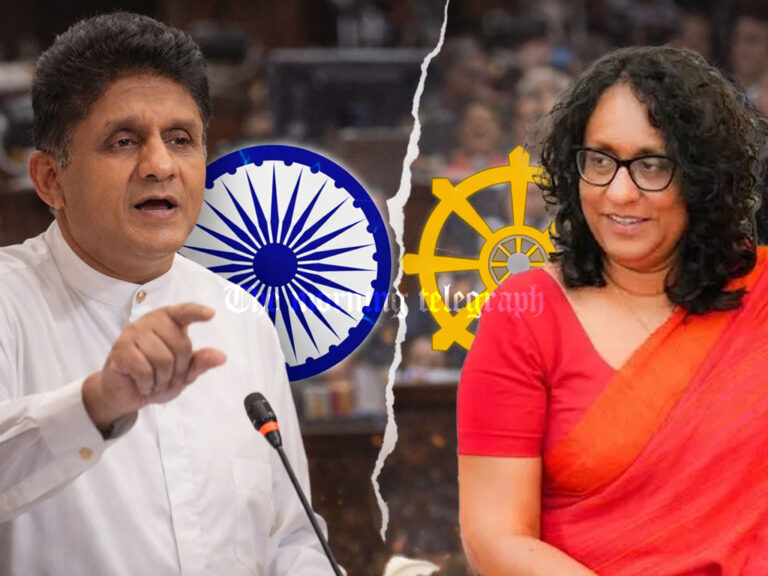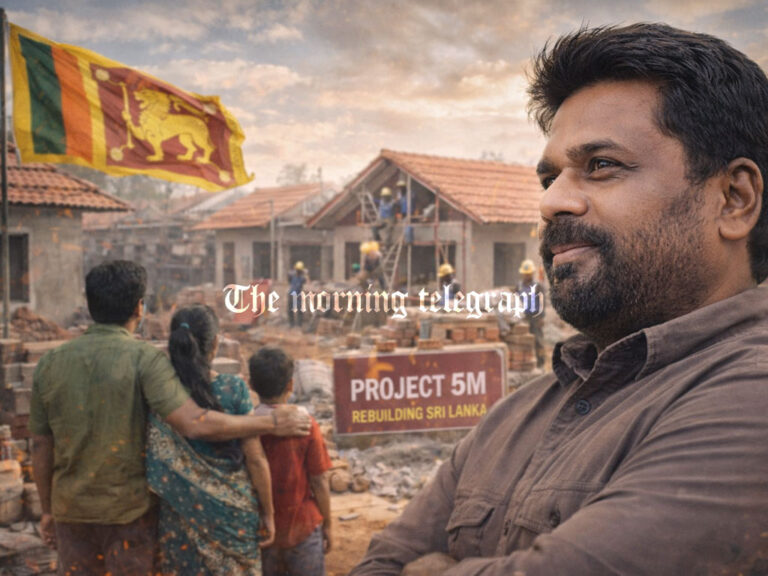
Paris, [Current Date] – France is bracing for an era of unprecedented political gridlock following a recent election that has left the country more divided than ever. The election results have yielded a fragmented parliament with no clear majority, creating a challenging scenario for the formation of a stable government and raising concerns over potential long-term deadlock.
Key Election Outcomes
- No Clear Majority: The election concluded with no party achieving a majority in the National Assembly. This has created a fractured political landscape where coalition building will be essential but difficult.
- Surge of Extremes: Both far-right and far-left parties have gained significant support, reflecting a growing discontent with traditional political structures and increasing polarization among the electorate.
- Decline of Mainstream Parties: Traditional center-left and center-right parties, which have historically dominated French politics, have seen their support wane significantly, complicating efforts to form a coalition government.
Potential Consequences
- Governance Challenges: The fragmented parliament is likely to make the legislative process cumbersome, with the risk of frequent stalemates on key policy issues.
- Economic Uncertainty: The political uncertainty is expected to affect market confidence, potentially leading to economic instability and reduced investment.
- Social Tensions: The sharp divisions among the electorate reflect underlying social tensions that could manifest in increased protests and social unrest.
Political Reactions
- Calls for Unity: In response to the election results, some political leaders have called for unity and cross-party collaboration to address the country’s pressing issues and avoid prolonged gridlock.
- Strategic Positioning: Far-left and far-right factions are positioning themselves as pivotal players in any coalition discussions, complicating the path to stable governance.
International Implications
- European Stability: As a major player in the European Union, political instability in France could have wider implications for European policy-making and stability.
- Global Market Impact: International markets are closely monitoring the situation, as continued political uncertainty could have repercussions for economic stability and growth projections globally.
The election has led to a parliament where no single party holds the majority, a scenario not seen in recent French history. This fragmentation is expected to make it difficult to pass significant legislation without broad consensus, leading to potential delays in policy implementation and governance.
The election results reflect a significant shift in voter sentiment towards more extreme political options. Far-right parties, capitalizing on concerns over immigration and national identity, and far-left parties, focusing on economic inequality and social justice, have both made substantial gains. This polarization signals a profound disillusionment with the status quo.
The traditional powerhouses of French politics, the center-left Socialist Party and the center-right Republicans, have seen their influence diminish drastically. Their inability to connect with an increasingly fragmented electorate has left them struggling to remain relevant in the current political climate.
The immediate challenge for France’s political leaders will be to negotiate a functional coalition capable of governing effectively. However, the deep divisions within the electorate suggest that achieving a lasting consensus may be difficult.
Some leaders are advocating for a government of national unity to navigate the current crisis. This would require unprecedented levels of cooperation across party lines, a tall order in an environment marked by intense political rivalry and ideological divides.
Far-left and far-right parties are positioning themselves as essential players in any potential coalition. Their involvement in the government could lead to significant shifts in policy direction, depending on which side gains the upper hand in coalition negotiations.
France’s political crisis has implications beyond its borders. As a key member of the European Union, prolonged instability in France could affect EU decision-making and the overall stability of the region. Global markets are also keeping a close eye on developments, as political uncertainty in one of the world’s largest economies could have ripple effects on global economic conditions.
France is at a crossroads, facing a deeply divided political landscape and the risk of prolonged governmental deadlock. The coming weeks will be crucial in determining whether the country can overcome these divisions and find a path towards effective governance and stability. The situation calls for a careful balance of negotiation, cooperation, and strategic foresight to navigate the challenges ahead.




